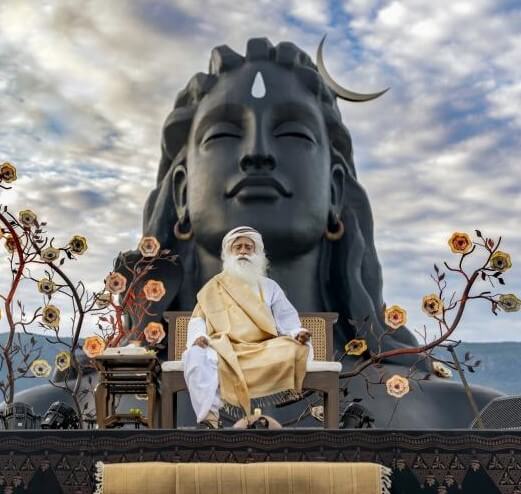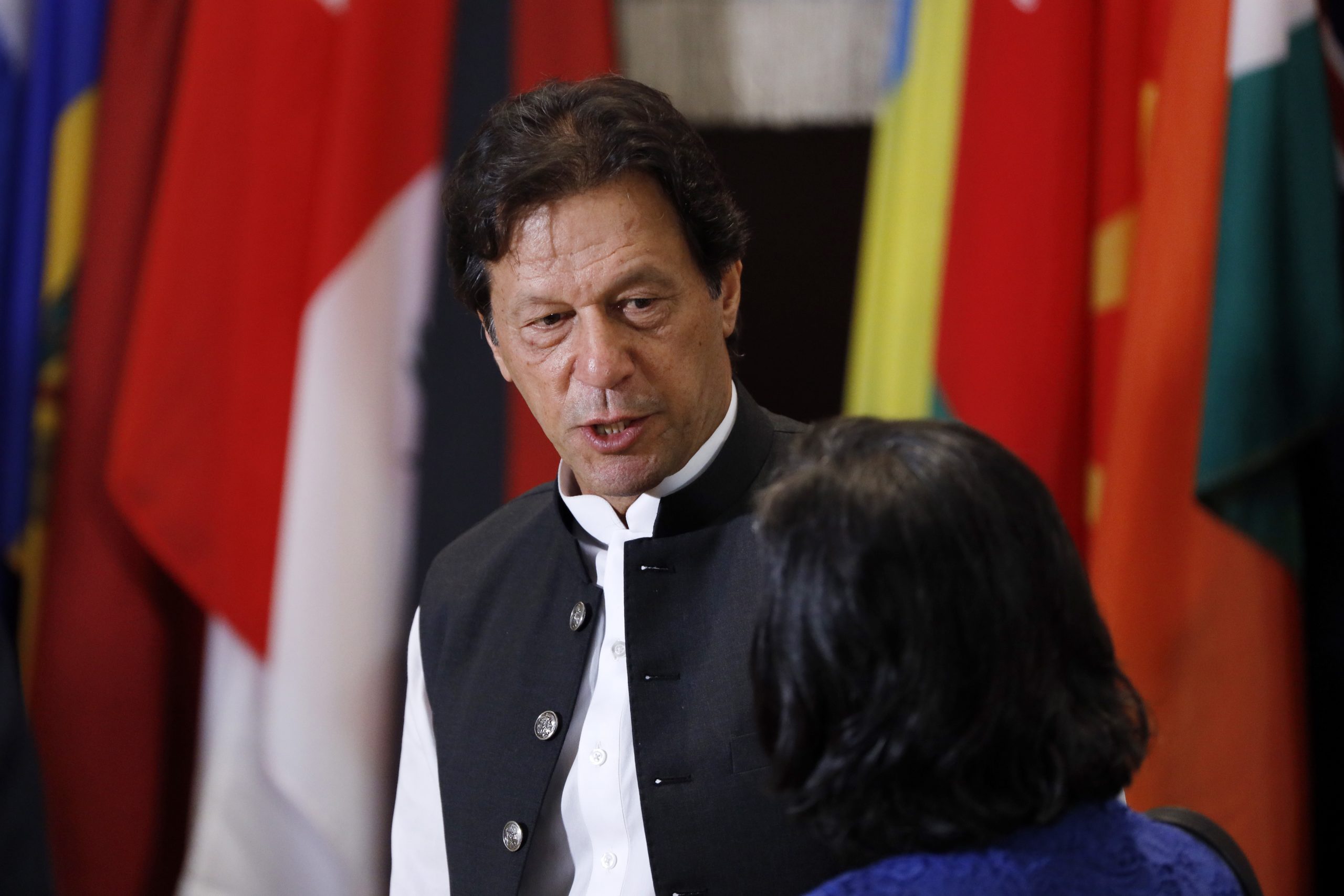By Sukant Deepak
Even as #FreeTNTemples, part of ‘Peoples Manifesto’, conceived by Jaggi Vasudev, popularly known as Sadhguru, continues to take the social media by storm with more than 3.32 crore people supporting it, the founder of Isha Foundation feels that while before the polls, political parties put up manifestos and tell citizens what they will do — it is a fundamental aspect that needs to change.
“In fact, before the election, every citizen must state what they want. Then we will decide who to elect based on which party says they can do it,” he tells IANS.
The yogi and author feels that in Tamil Nadu, five things need to happen — Cauvery must flow 12 months a year; education needs to improve; increased investments skill development for youth; improvement in farmers’ situation; and temples freed from government control.
“This is what I articulated before the elections,” he asserts.
Talk to him about the fact that it is the ‘Free Temples’ point in the manifesto that everyone is talking about, and Vasudev says: “A temple is not a place of prayer, it is the soul of Tamil culture. Here, most towns were built holding the temple as the center. The town evolved around it. This is why they are called temple towns.
“In a culture so steeped in devotion and spiritual process, unfortunately, temples are in various states of decline and dilapidation. This is why it is in people’s hearts that they must be restored to devotees. Three crore and thirty two lakh people have supported this movement in an electorate of about five crores — no government can ignore that. It is just a question of time before the temples are released from government control.”
While churches, mosques and gurudwaras are not managed by the government, Sadhguru says that some people ask him — ‘Why can’t the government take them over’…. “They should not be touched. Because there is one injustice, you don’t have to multiply that. No one has any right to take anyone’s place of worship.”
He adds: “We call ourselves a secular nation. In my understanding, secular means religion does not mess with government and government does not mess with religion.”
Stressing that devotees should manage temples as Indian temples were not created as places of prayer, he says: “There is no single person leading a prayer for a group of people. These are largely different types of energy centers where people can soak themselves in the energy, empowering themselves to blossom to their fullest potential.”
Talk to him about the absolute mismanagement of temple wealth and he asserts that the Madras High Court says over 47,000 acres of temple lands have been encroached.
“What the government should do in the first six months is to appoint an external audit – not just about property and money, but also the condition of the temple, whether it is alive or not, is the pooja happening or not.
“After the audit, the first step is, if someone is sitting on temple land, either you pay the current market price of rent or price of sale. Otherwise vacate the premises. The government should pass this as legislation,” he says.
Adding that the movement has been contained to Tamil Nadu as the issue there is far more serious than anywhere else, he says: “The law is far more draconian and temples are too many. And there was an election happening. Now that the election is over, inevitably this movement is spreading across the country.
“The Uttarakhand government has already released 51 temples that were recently mandated to be under government administration. It is truly wonderful that this step has been taken. In other states, it may not be as simple as Uttarakhand, but whatever the issue, it can be sorted out and we can find solutions if there is willingness.”









